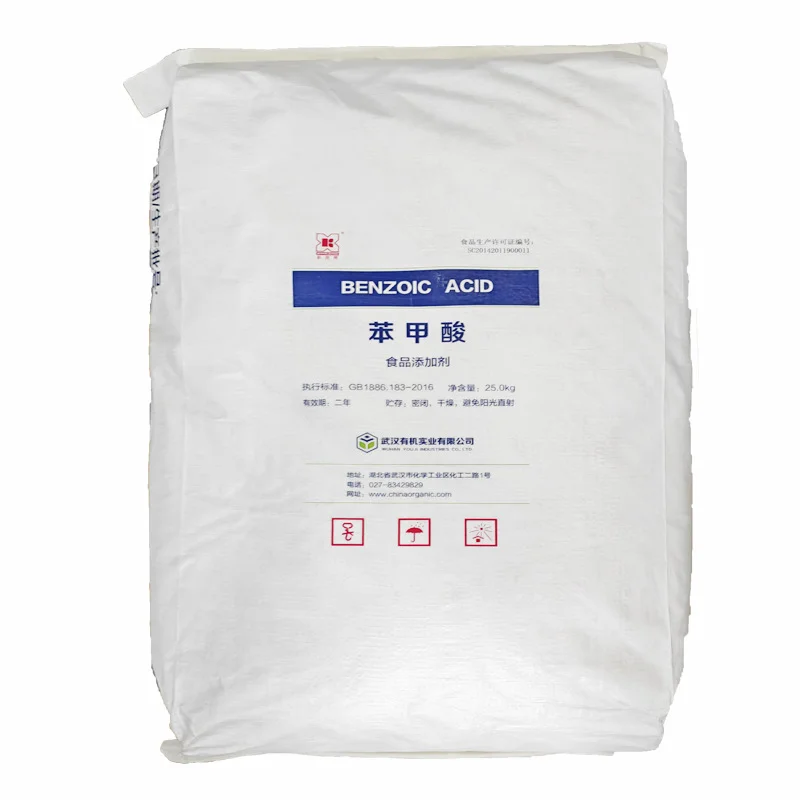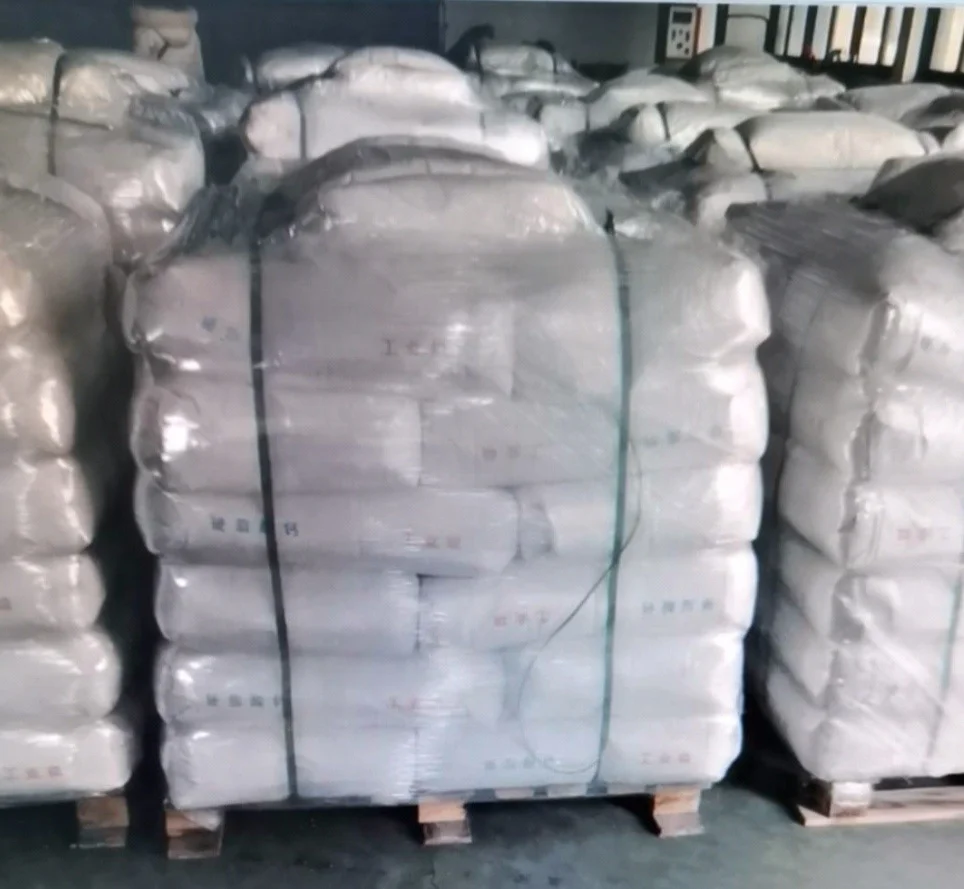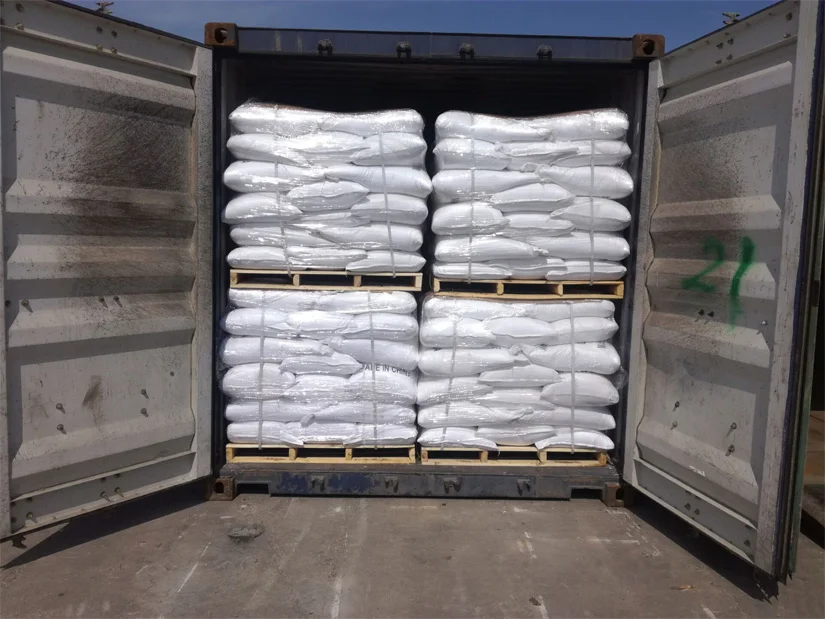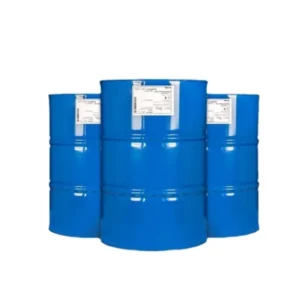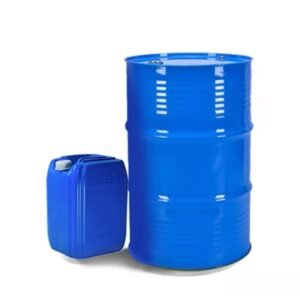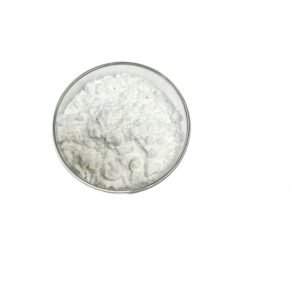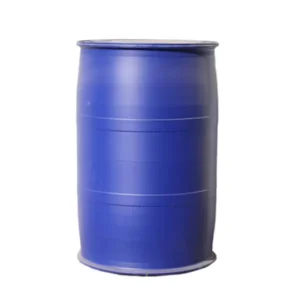Benzoic acid, also known as benzoic acid, with the molecular formula C6H5COOH, is a compound formed by the substitution of a hydrogen group (- COOH) on the benzene ring. At room temperature, it is a scale like or needle like crystal with a smell of benzene or formaldehyde. Its vapor is highly irritating and can cause coughing when inhaled. Benzoic acid is a weak acid, stronger than fatty acids. They have similar chemical properties and can form salts, esters, acyl halides, amides, and anhydrides, all of which are not easily oxidized. Electrophilic substitution reactions can occur on the benzene ring of benzoic acid, mainly resulting in meta substituted products.
Alternative names: benzoic acid, benzoic acid, benzoic acid, benzyl acid, and benzoic acid
Chemical formula: C6H5COOH
Molecular weight: 122.1214
CAS login number: 65-85-0
EINECS login number: 200-618-2
Melting point: 122.13 ℃
Boiling point: 249 ℃
Water solubility: slightly soluble in water, soluble in ethanol, etc
Density: 1.2659 (15/4 ℃)
Appearance: Scaly or needle shaped crystals
Flash point: 121 ℃~123 ℃ (closed cup) 250 ° F
Application: Benzoic acid salicylic acid ointment, preservative, fixative, etc
Benzoic acid exists in nature in the form of free acids, esters, or their derivatives. Benzoic acid is commonly used as a preservative and has the effect of inhibiting the growth of fungi, bacteria, and molds. When used medicinally, it is usually applied to the skin to treat skin diseases such as ringworm. Used in the synthetic fiber, resin, coating, rubber, tobacco industry. Initial benzoic acid is obtained by distillation of benzoin gum or hydrolysis in alkaline water, and can also be obtained by hydrolysis of hippuric acid. In industry, benzoic acid is produced by oxidizing toluene with air in the presence of catalysts such as cobalt and manganese; Or obtained by hydrolysis decarboxylation of phthalic anhydride. Benzoic acid and its sodium salts can be used as antibacterial agents for latex, toothpaste, jam, or other foods, as well as as as mordant agents for dyeing and printing.

